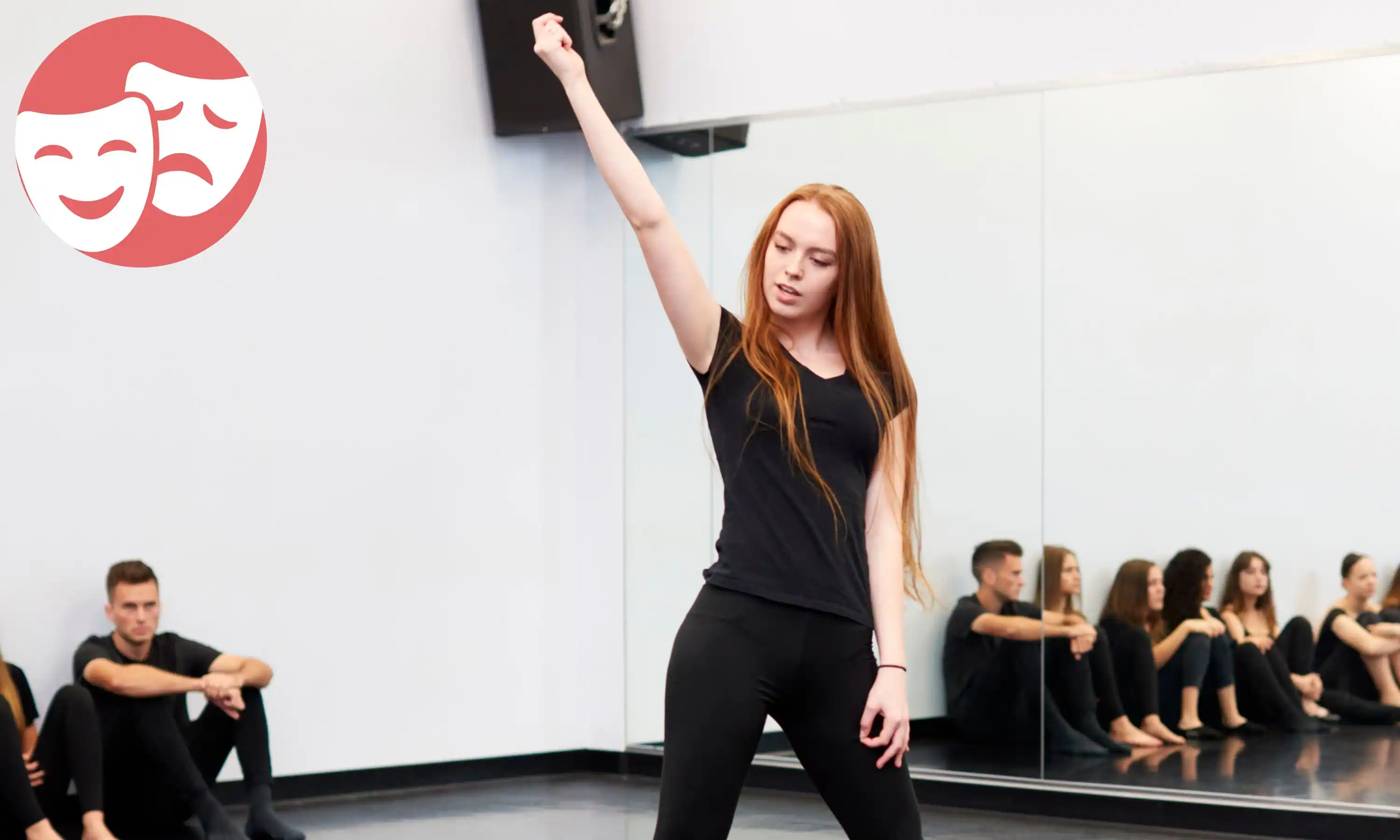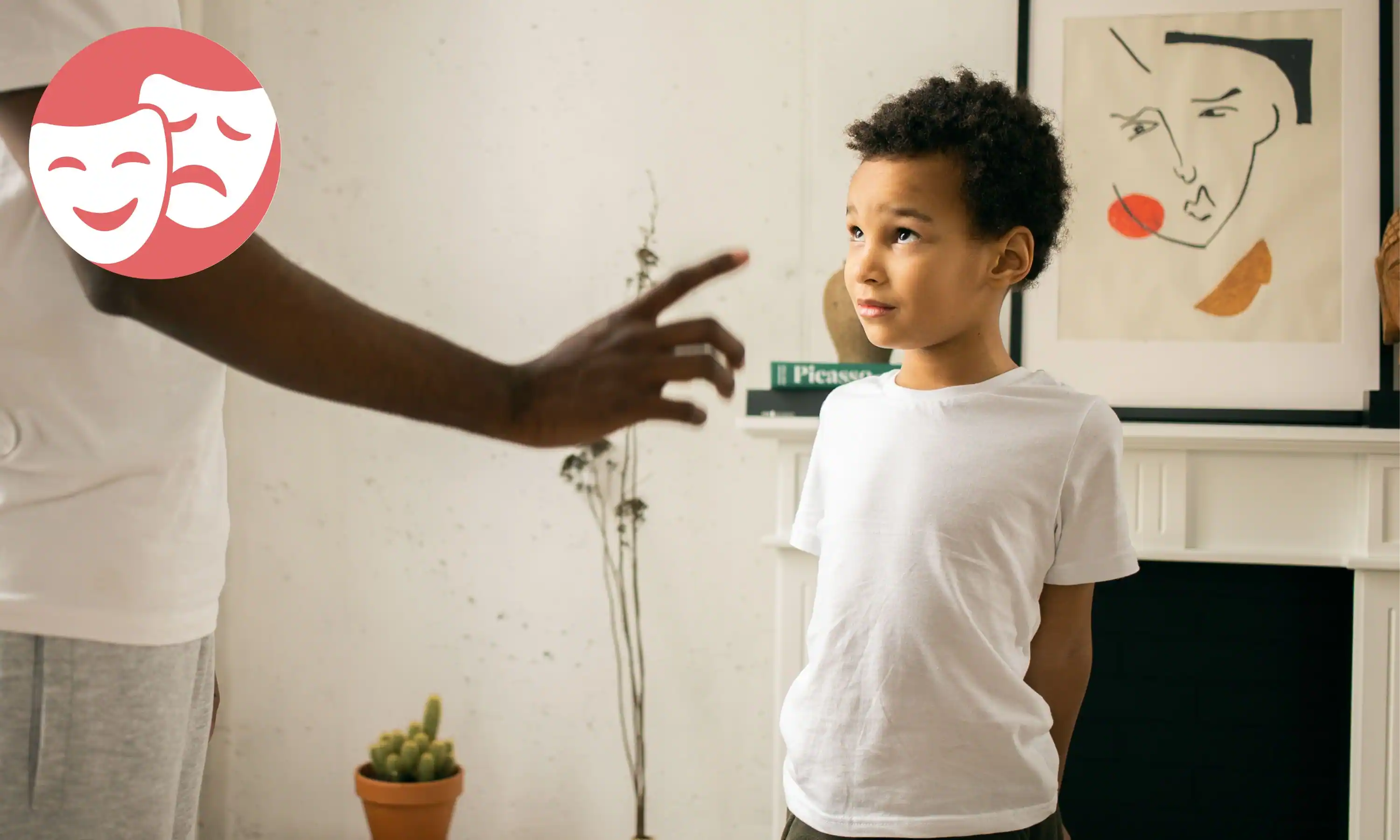Grow Responsibility and Compassion
Through Pet Care
Teach love, leadership, and accountability
through daily pet routines.
Bonding With a New Pet
Designed with educators, backed by psychology, and
easy to integrate into your school’s
routine.

Plan Objectives
 Teaching Responsibility
Teaching Responsibility
Help children understand the commitment required to care for a pet.
 Building Empathy
Building Empathy
Encourage children to recognize their pet’s needs and emotions.
 Strengthening Leadership Skills
Strengthening Leadership Skills
Guide children in taking initiative and confidently caring for their pet.
 Developing Self-Discipline
Developing Self-Discipline
Teach children consistency in feeding, grooming, and playing with their pet.
Why This Plan?
This plan addresses the following challenges by developing targeted skills

My child does not recognize other people’s feelings

My child doesn’t complete work on time

My child is unaware of their own emotions

My child consistently makes poor choices
My child does not recognize other people’s feelings
How This Plan Helps
Teaches children to recognize and respond to their pet’s emotions and behaviors.
Skill: Relationship Management
Course: Relationship Building Basics
My child doesn’t complete work on time
How This Plan Helps
Encourages children to follow a structured routine for pet care.
Skill: Self-Discipline
Course: The Art of Self-Discipline
My child is unaware of their own emotions
How This Plan Helps
Builds self-awareness through the responsibility of caring for another being.
Skill: Self-Confidence
Course: Confident You: Believe in Yourself
My child consistently makes poor choices
How This Plan Helps
Helps children take ownership of their decisions when caring for a pet.
Skill: Leadership
Course: Building Leadership Skills
01Understanding a Pet’s Needs
Teaches children how to recognize and respond to their pet’s emotions and behaviors.
02Maintaining a Pet Care Routine
Helps children develop consistency in feeding, grooming, and playing with their pet.
03Gaining Confidence Through Pet Ownership
Encourages children to take initiative in caring for their pet, boosting self-esteem.
04Taking Leadership in Pet Care
Helps children take responsibility for their pet’s well-being and daily needs.
Real-Life Applications
How this plan's skills apply to real-world scenarios for everyday success
Courses Included


Relationship Building Basics
Social
Relationship Management
Course Details:
Modules: 4 |
Lessons: 31
Trust: Develop the ability to build and maintain trust, strengthening supportive connections.
Benefits: Understand how healthy relationships enhance well-being and personal growth.


Building Leadership Skills
Social
Leadership
Course Details:
Modules: 4 |
Lessons: 31
Leadership Development: Cultivate essential leadership traits including dedication, adaptability, and communication.
Solutions Focus: Master goal-setting techniques to promote a problem-solving approach.


Confident You: Believe in Yourself
Emotional
Self-Confidence
Course Details:
Modules: 4 |
Lessons: 33
Discover Self-Belief: Understand how confidence transforms growth and relationships.
Master Positive Self-Talk: Replace self-doubt with empowering inner dialogue daily.


The Art of Self-Discipline
Emotional
Self-Discipline
Course Details:
Modules: 4 |
Lessons: 33
Better Decisions: Develop self-discipline for improved decision-making and focus.
Emotional Regulation: Manage emotions to reduce impulsive behaviors and build resilience.
Meet the Course Creators

Dr. Kymberli Barker
Relationship Building Basics
Dr. Kymberli Barker
Relationship Building Basics
Dr. Barker is the mother of two fantastic young men, and they are her priority in life. She holds degrees in biochemistry, math, forensics, and psychology. She is a consultant and a professor at multiple colleges, including the Citadel, and Johns Hopkins Center for Talented Youth. She spent fifteen years in public education, prior. Her personal focus is child advocacy and she developed the Guardian ad Litem/(GAL)/CASA program for the Eastern Band of Cherokee Indians. She is tribally and state sworn as a GAL. Her favorite thing is being a mom.

Ali Dareneau
Relationship Building Basics
Ali Dareneau
Relationship Building Basics
Ms. Dareneau is an English teacher with dual degrees in Psychology and English Education, she enjoys helping students reach their potential, especially when it comes to English Language Arts. With over 16 years of classroom experience and working with education-based companies, she brings creativity and enthusiasm to the classroom and beyond. She earned a Bachelor's degree in Psychology in 2007 and completed her Masters's degree in English Education in 2013 which have both shaped her into the passionate educator she is today. Her professional experience as an English teacher, curriculum designer, and writer demonstrates her passion for reading and writing and solidifies her belief all students can strengthen their reading and writing skills no matter what level they begin their journey.

Ashley Valentine
Building Leadership Skills
Ashley Valentine
Building Leadership Skills
Ashley Valentine is an energetic and creative teacher from the United States who has committed her career to facilitating engaging and unique experiences for learners. She has presented at technology conferences, attended international learning summits, and is deeply passionate about ensuring that learning is both fun and meaningful. She has incorporated escape rooms, social media, experiential learning models, and hands-on techniques to engage Generation Z and prepare for Generation Alpha. An avid learner herself, Ashley holds two degrees in education and engages regularly in professional development so that she can build upon strategies and be responsive to student needs.

Dr. Lisabeth Medlock
Confident You: Believe in Yourself
Dr. Lisabeth Medlock
Confident You: Believe in Yourself
Dr. Medlock is a psychologist, ICF and Board Certified Coach and consultant with a mission to help people and organizations do better and be better. She serves as an advocate, solutions finder, change agent, and resource. For 30 years she has worked with public and nonprofit organizations, beginning in middle schools developing self-competence and conflict resolution programs. She has worked with over 100 organizations to improve their impact on the people and communities they serve. She has been a blogger for the Huffington Post, a TEDx speaker, an author, and has developed myriad curricula, training manuals, and self-help booklets.

Melissa Miletic
The Art of Self-Discipline
Melissa Miletic
The Art of Self-Discipline
Melissa Miletic is a dynamic educator with over ten years of experience in education, beginning her journey with a transformative volunteer stint abroad at 18. She has since navigated all facets of education, from policy-making to classroom teaching, driven by her multicultural upbringing and a deep belief in the value of diversity. Committed to providing holistic, inclusive, and high-quality education, Melissa strives to impact learners across all demographics and geographies. Her approach blends modern methodologies with a global perspective, aiming to make learning engaging, relevant, and accessible to everyone. Holding a double bachelor’s degree in International Relations and Communication from the University of South Florida and a master’s in International Education from New York University, Melissa’s expertise lies in crafting educational experiences that resonate universally. Her professional and personal mission is to champion education as a transformative force, bridging cultural divides and fostering understanding in a connected world.
Sample Lesson Preview 
Relationship Building Basics
Benefits of Healthy Relationships
Benefits of Healthy Relationships
It is essential for our well-being to cultivate and maintain healthy relationships. Benefits of healthy relationships include:
- Emotional Support: Our friends, family, and acquaintances give us the supportive network we need. We can share joys, sorrows, and challenges together. Emotional support from loved ones helps us navigate life's ups and downs.
- Personal Growth: Relationships offer opportunities for personal growth and self-reflection. Interacting with others helps us develop empathy, understanding, and emotional intelligence.
- Health and Happiness: Healthy relationships contribute to overall well-being. We can have increased happiness, reduced stress levels, and improved mental and physical health.
Please think of your relationships. Please take a minute to journal the benefits you gain from people in your life.
Sample Lesson Preview 
Building Leadership Skills
Reflections on Leadership
Thinking About the Past
Leadership requires many skills. It’s important to learn about leadership prior to taking on a leadership role. You can do this by studying other leaders.
Over time, leaders learn to use tools for reflection so they can make plans related to their own growth.
Just like anything else, pausing to learn, think, and plan can boost a person’s ability to achieve their goals.
Sample Lesson Preview 
Confident You: Believe in Yourself
What is Self Confidence?
Definition of Self-Confidence
Let’s talk about what self-confidence means.
Self-confidence is something you can’t touch, but it affects how you feel. You can’t see it, but it is there when you look in the mirror. You can’t hear it, but it is there every time you talk about yourself.
Self-confidence is feeling good about yourself and knowing you are a likable, capable person.
I am sure self-confidence is a word you have heard and maybe you even know how to tell if people are confident. In this module, you will learn about self-confidence and self-esteem and how to identify both good and poor confidence and esteem. Remember, you can improve your self-confidence.
Sample Lesson Preview 
The Art of Self-Discipline
Impulse Control
Think Before You Leap
Let's talk about impulse control – a legit life skill for everyone. Impulse control is stopping yourself from doing something right away, so you can think about it and make a better choice. Picture this: you’re on your phone, and you get sucked into a scroll session instead of tackling that math homework. Impulse control is like your own coach in your mind saying, “Hey, let's think for a sec.”
It can be hard to stop yourself sometimes, but here’s a cool trick: the “Pause-Plan-Play” method. First, hit the pause button on your impulse. Just take a moment to chill. Then, plan out the pros and cons of what you’re about to do. Ask yourself, “Is this going to help me or set me back?” Finally, play it smart – make the choice that’s going to be better for you in the long run.
